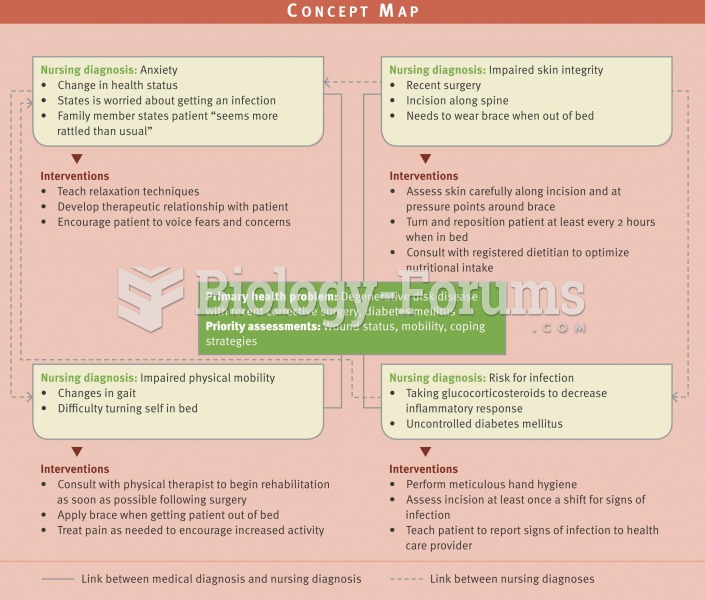Answer to Question 1
Answer: Erik Eriksons widow, Joan Erikson, suggested that the attainments of ego differentiation, body transcendence, and ego transcendence in late adulthood actually represent development beyond ego integrity (which requires satisfaction with ones past life) to an additional psychosocial stage that she calls gerotranscendencea cosmic and transcendent perspective directed beyond the self to affinity with past and future generations and oneness with the universe. Drawing on her own experience of aging, her observations of her husbands final years, and the work of others, Joan Erikson speculated that success in attaining gerotranscendence is apparent in heightened inner calm and contentment and additional time spent in quiet reflection. But more research is needed to confirm the existence of a distinct, transcendent late-life stage. Beyond getting older, major negative life events, such as declines in health or financial difficulties, are associated with reports of cosmic, gerotranscendent reflections. This suggests that inner contemplation is one means older adults use to adapt to stressful, unchangeable circumstances. Furthermore, besides focusing more intently on lifes meaning, many of the very old continue to report investments in the real worldstrengthening bonds with intimate partners and friends, keeping up with current events, and engaging in leisure, volunteer, and career pursuits.
Answer to Question 2
Answer: Observations of people interacting with older adults in both private homes and institutions reveal two highly predictable, complementary behavior patterns. In the first, called the dependencysupport script, dependent behaviors are attended to immediately. In the second, the independenceignore script, independent behaviors are mostly ignored. These sequences reinforce dependent behavior at the expense of independent behavior, regardless of the older persons competencies. Even a self-reliant individual does not always resist unnecessary help because it brings about social contact. Among older people who experience no difficulty with daily activities, opportunities to interact with others are related to high satisfaction with everyday life. In contrast, among aging adults who have trouble performing daily activities, social contact is frequently associated with a less positive everyday existence. This suggests that social interaction while assisting older people with physical care, household chores, and errands is often not meaningful and rewarding but, rather, demeaning and unpleasant. Older adults negative reactions to caregiving can result in persisting depression. But whether assistance from others undermines well-being depends on many factors, including the social and cultural context in which helping occurs, the quality of help offered, and the caregiverolder adult relationship.







